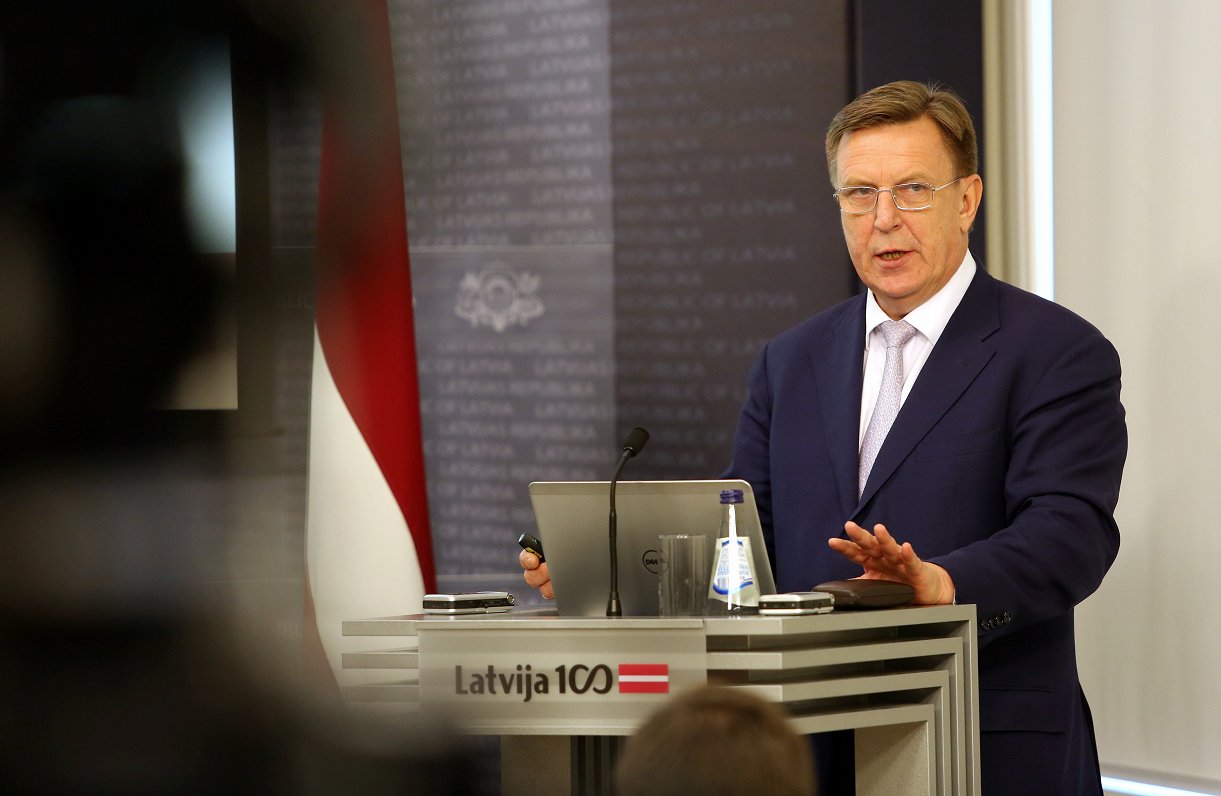Kučinskis expressed the opinion that Trump's statement was a rhetorical way to ensure that NATO members devote at least 2% of GDP to defense, rather than a serious demand for massive militarization. Opinion has been divided since the summit on Trump's thought process in making such a declaration.
"You always ask for more so that there will be a return to negotiations," Kučinskis suggested.
The optimal solution was to make all NATO member states spend 2% of GDP on defense, he said, as Latvia now does after sizeable increases in defense expenditure following Russia's invasion of Ukraine's Crimean peninsula in 2014.
However he did not rule out that defense spending could exceed 2% of GDP if deemed necessary.
"Latvia is one of the countries that fulfills the 2% amount... and I have often said that is something about which we are united. If spending should be greater, that will be a matter of specific needs. If concrete projects require it, I maintain that it could be necessary [to spend extra]... though we should remember that if that is the case, it would be necessary to spend less on something else."
Kučinskis also said he viewed Monday's meeting of President Trump with Russia's President Putin in a positive light as "it is better that leaders meet face to face than just talk across the ocean", and that the meeting did not appear to have generated any radically new proposals.





























